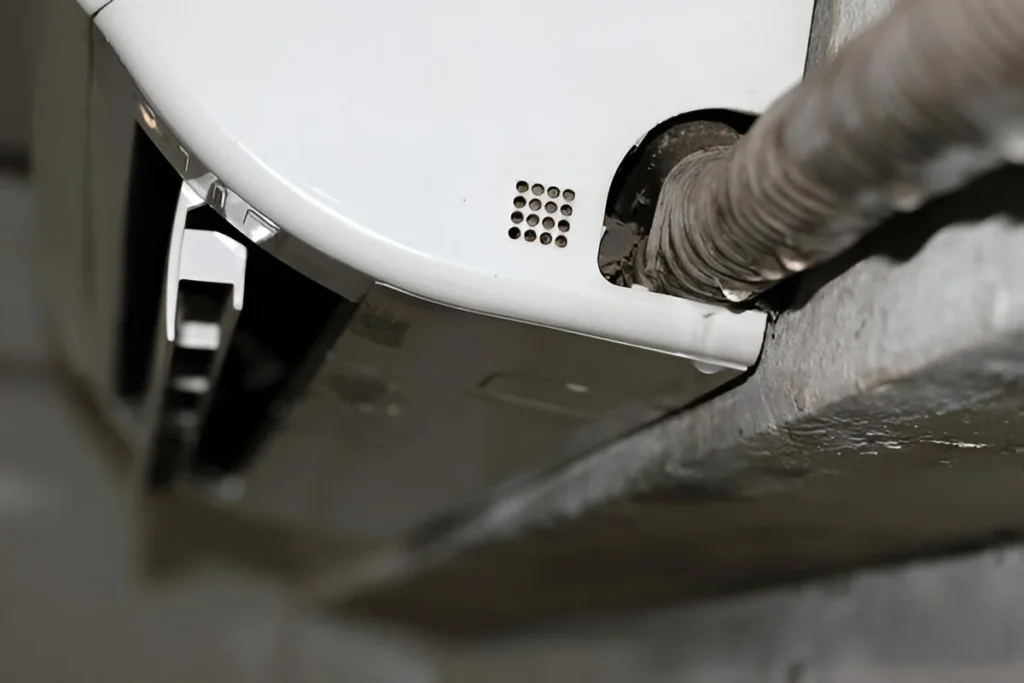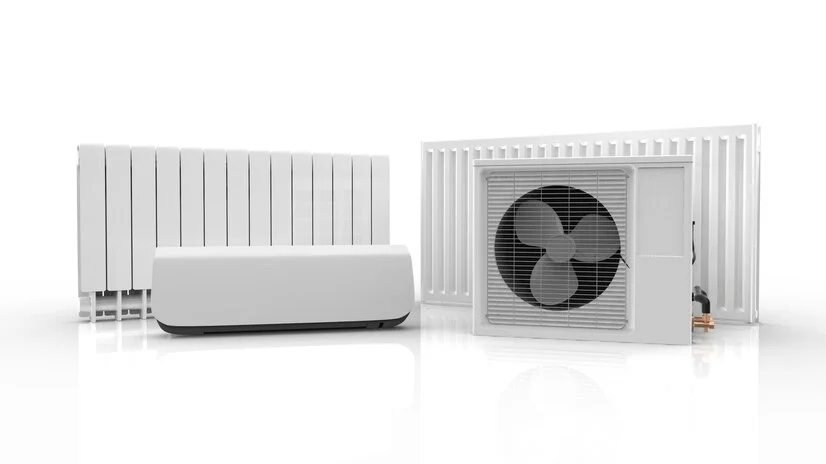A frost-free fridge is a modern convenience designed to eliminate the hassle of manual defrosting. These refrigerators use advanced cooling mechanisms to prevent ice buildup, keeping your food fresh and your appliance running efficiently. However, like any household appliance, they can develop issues over time. Recognizing the early warning signs of a malfunctioning refrigerator can help prevent costly repairs and food spoilage.
In this guide, we’ll explore the most common signs that indicate your frost-free fridge might need professional maintenance. By addressing these issues early, you can ensure your refrigerator operates smoothly for years to come.
Why Regular Maintenance of Your Frost-Free Fridge Matters
A well-functioning refrigerator is essential for preserving food quality and preventing waste. Regular maintenance not only extends the lifespan of your appliance but also improves energy efficiency, saving you money on electricity bills. Ignoring minor problems can lead to bigger issues, which may require expensive repairs or even a full replacement.
1. Unusual Noises Coming from the Fridge
Your refrigerator should operate with a low, consistent hum. If you start hearing unusual noises such as:
- Loud buzzing or rattling sounds
- Clicking or knocking noises
- Humming that becomes louder over time
These could indicate a failing compressor, fan motor issues, or problems with the defrost system. If the sounds persist, it’s best to have a professional inspect the appliance.
2. Food Spoiling Faster Than Usual
A frost-free fridge should maintain a consistent temperature to keep food fresh. If you notice:
- Dairy products curdling before their expiration date
- Vegetables wilting unusually fast
- Meat not staying frozen in the freezer compartment
It could be due to a malfunctioning thermostat, blocked air vents, or compressor issues. Immediate attention is required to prevent food wastage.
3. Excessive Condensation Inside the Fridge
If your fridge interior appears damp or you see water droplets forming on the shelves and walls, it might be due to:
- A clogged defrost drain
- Faulty door seals causing warm air to enter
- Issues with the cooling system
Too much moisture can encourage mold growth and lead to unpleasant odors. Checking the door seals and ensuring the defrost system is functioning properly can help resolve the problem.
4. Freezer Not Keeping Food Properly Frozen
One of the key advantages of a frost-free fridge is its ability to maintain an even freezer temperature. If you notice:
- Ice cream melting despite being in the freezer
- Soft or partially thawed frozen food
- Water pooling at the bottom of the freezer
It could indicate problems with the evaporator coils, condenser fan, or thermostat. These issues require immediate attention to prevent food spoilage.
5. Unusual Ice or Frost Buildup in the Freezer
Even though frost-free refrigerators are designed to prevent ice buildup, sometimes ice forms due to:
- A faulty defrost heater
- Blocked air vents
- A malfunctioning thermostat
If you notice excessive ice forming on the back wall or inside drawers, your fridge’s automatic defrosting system may not be working properly.
6. Refrigerator Feels Warm from the Outside
A fridge should not be overly warm to the touch. If the sides or back of your refrigerator feel hotter than usual, it could be due to:
- Dirty condenser coils preventing proper heat dissipation
- A failing condenser fan
- An overworked compressor
Cleaning the condenser coils regularly can improve efficiency, but persistent overheating might require professional repair.
7. Water Leakage Around or Inside the Fridge
If you frequently find puddles of water around your refrigerator or pooling inside drawers, it may be due to:
- A clogged or frozen defrost drain
- A cracked water line (if your fridge has a water dispenser or ice maker)
- Condensation buildup from improper cooling
Water leaks can lead to damage to your kitchen flooring and create a slipping hazard, so it’s essential to address them promptly.
8. Door Not Sealing Properly
A refrigerator door that doesn’t seal tightly can let warm air in, causing food to spoil and increasing energy consumption. Common signs of door seal failure include:
- The fridge door not closing fully
- Warm air inside despite a working cooling system
- A higher electricity bill due to increased energy usage
Checking the rubber gasket around the door and replacing it if worn out can help restore proper sealing.
9. Refrigerator Running Constantly Without Shutting Off
Your fridge should cycle on and off periodically to maintain temperature. If it runs continuously without stopping, potential causes include:
- A faulty thermostat
- Dirty condenser coils
- Refrigerant leaks
Constant operation increases electricity usage and puts excessive strain on the compressor, leading to long-term damage.
10. Foul Odors That Persist Despite Cleaning
A frost-free fridge should not have persistent bad odors. If the smell remains even after a deep clean, it could be due to:
- Mold or bacteria growth in hidden areas
- A clogged defrost drain causing stagnant water buildup
- Electrical components overheating and emitting a burnt smell
Persistent odors may require a professional cleaning or repair service to fully resolve the issue.
When to Call for Professional Help
While some minor refrigerator issues can be resolved with DIY maintenance, certain problems require expert intervention. If you experience:
- Multiple issues simultaneously
- Frequent temperature fluctuations
- Signs of electrical failure like sparks or power outages
It’s best to seek assistance from one of the best refrigerator repair services to diagnose and fix the problem effectively.
FAQs About Frost-Free Fridge Maintenance
1. Why is my frost-free fridge making loud noises?
Loud noises could be due to a faulty fan, compressor issues, or loose components. A technician can diagnose the exact cause.
2. How often should I clean my refrigerator coils?
Condenser coils should be cleaned at least twice a year to ensure proper airflow and cooling efficiency.
3. Why is there frost forming inside my frost-free fridge?
Frost buildup can occur due to a malfunctioning defrost system, blocked vents, or improper door sealing.
4. How can I prevent condensation inside my fridge?
Check and replace door seals if necessary, avoid overloading the fridge, and ensure the temperature settings are correct.
5. When should I replace my refrigerator instead of repairing it?
If your fridge is over 10-15 years old and frequently requires costly repairs, replacing it with a new, energy-efficient model might be a better option.
Prevent Costly Repairs by Addressing Issues Early
A frost-free fridge is an essential appliance in every household, but like all machines, it requires regular maintenance to function efficiently. Recognizing the early warning signs of malfunctions can help you take preventive measures before problems escalate.
If you notice persistent cooling issues, unusual noises, or frequent frost buildup, it’s best to seek assistance from a reputed refrigerator repair services to ensure your fridge remains in top condition. By taking timely action, you can extend the lifespan of your refrigerator and avoid expensive repairs in the long run.
.png )





